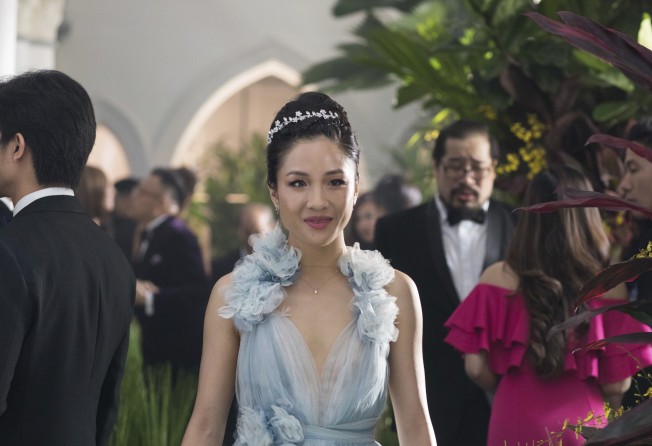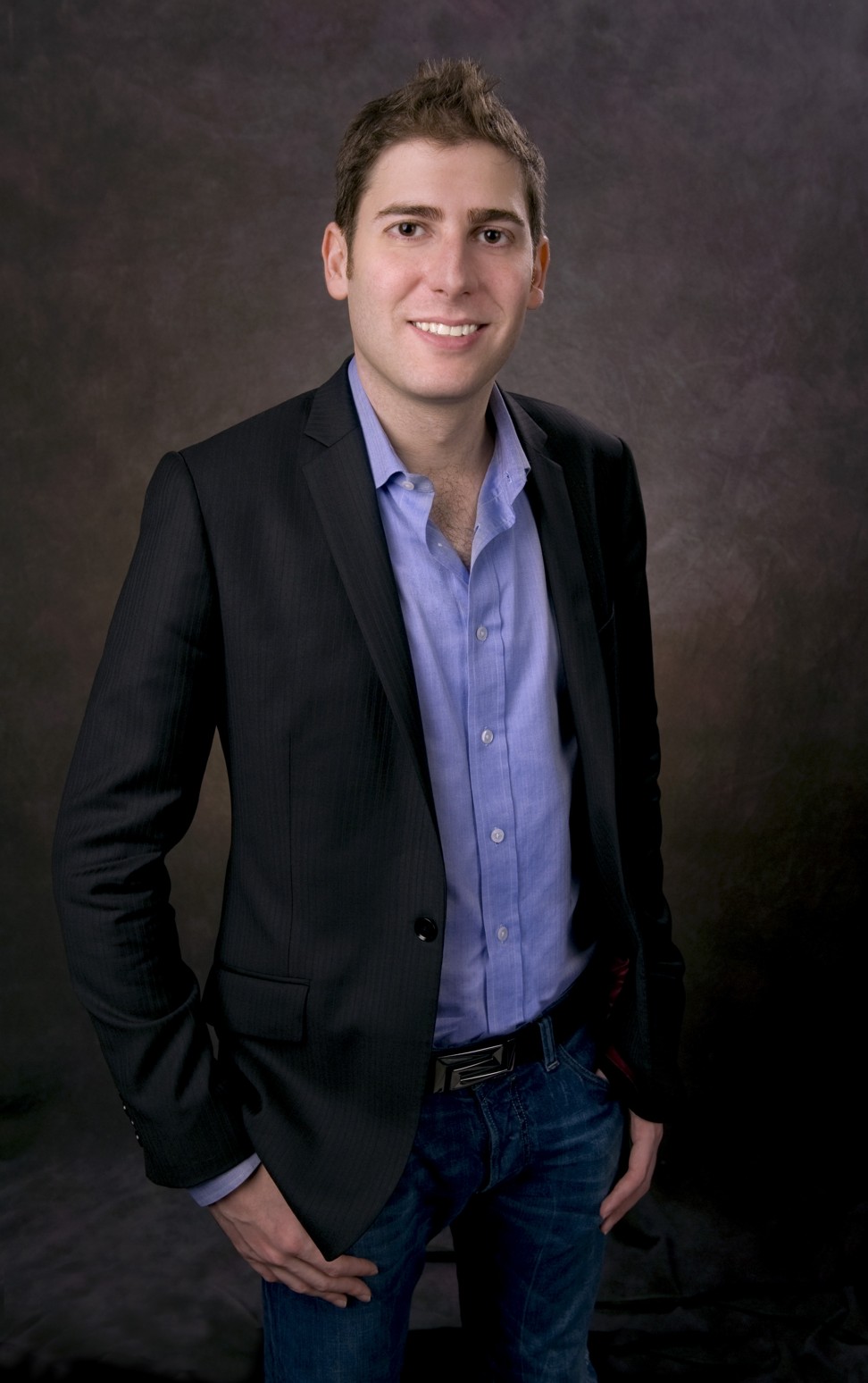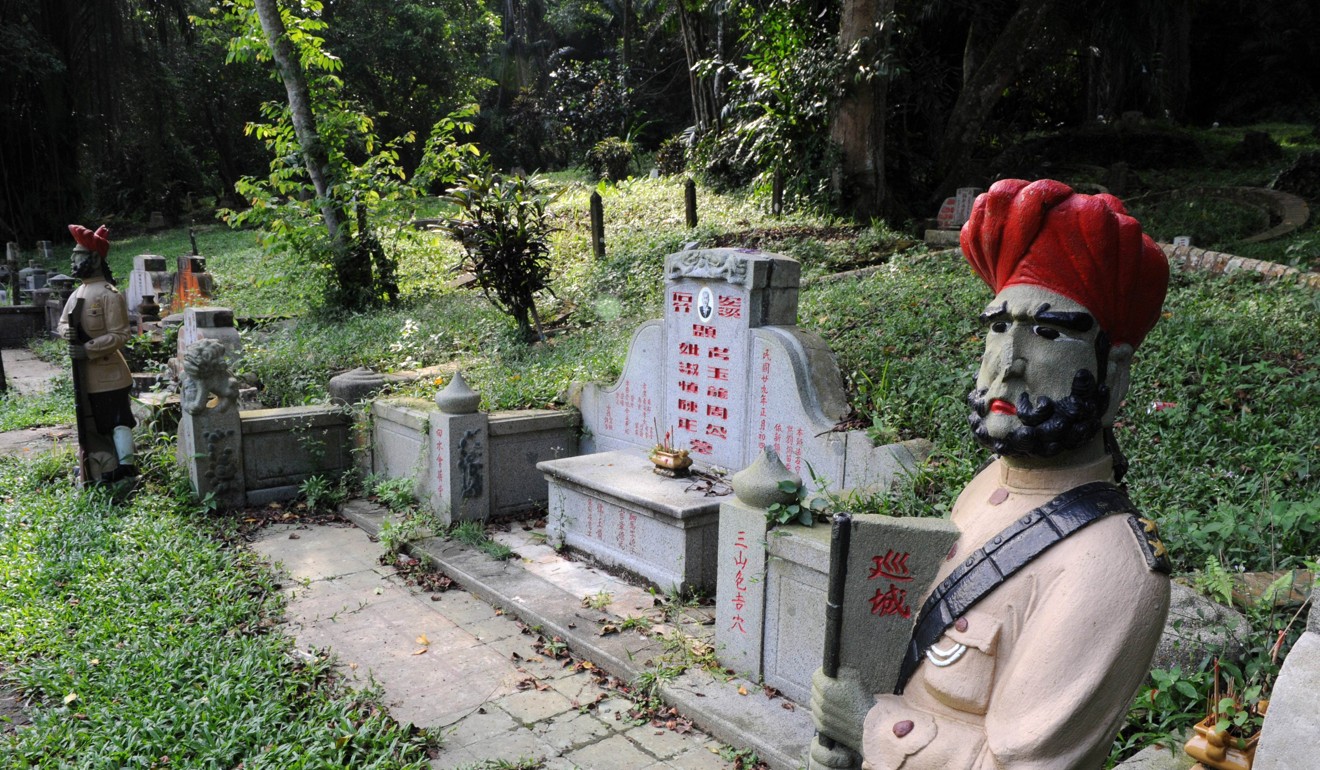In a Singapore full of crazy rich foreigners, inequality is becoming ingrained
Judith Huang says Singapore has become a haven for the 1 per cent, but is facing a widening socio-economic gap. Can the ruling party really say it is fulfilling the national pledge, to build a democratic society, based on justice and equality?

It’s 2018, and Kevin Kwan’s Austenesque novel Crazy Rich Asians is now a summer movie blockbuster, launching a thousand op-eds about representation. But the book is not about race, it is about the impenetrability of class. Like Pride and Prejudice, it is about an intelligent, ambivalent young woman landing the most eligible bachelor and being initiated into high society. Only this time, it’s Singapore high society.
The movie is opening in Singapore at a time when the hottest topic on the island is inequality. Kwan’s trilogy tops the fiction bestseller lists, but the unexpected sleeper hit on the non-fiction lists is sociologist Teo You Yenn’s This is What Inequality Looks Like, a book of lucid, compassionate essays distilling a three-year ethnographic survey of families with monthly incomes of S$1,500 (US$1,100) or less living in rental flats – Singaporeans on the completely opposite end of the socio-economic spectrum from those satirised in Kwan’s novel.
Singapore’s People’s Action Party is one of the longest-ruling political parties in the world today, behind the Workers’ Party of North Korea and the Communist Party of China. The belief that meritocracy is operating well in our society is a large factor in the PAP’s continued success and legitimacy. However, widening inequality as a result of a particular brand of neoliberal economics may be its greatest challenge yet, and Crazy Rich Asians is just its latest manifestation.
In 2004, Prime Minister Lee Hsien Loong proposed the building of casinos in Singapore during his National Day Rally speech – our State of the Union Address. Despite fierce public opposition, Singapore now has two casinos to explicitly attract foreign gamblers – one of which, Marina Bay Sands, features prominently in Crazy Rich Asians.
Watch: Crazy Rich Asians film offers a glimpse into the lives of Asia’s ultra-wealthy
The casinos were part of a wider vision to make Singapore a cosmopolitan metropolis to rival London or New York. In just 10 years, the skyline was completely transformed. Two enormous air-conditioned glass domes were filled with exotic plants foreign to our climate. Sentosa, the island which hosted the Trump-Kim summit, was transformed into an enclave of exclusive waterfront residences that cost tens of millions of dollars.
Singapore has no capital-gains tax, and income tax is capped at 22 per cent. In 2008, estate duty was abolished. Also politically stable, Singapore positioned itself as a haven for the rich.
The strategy seemed to work. High-net-worth individuals flocked to the island, most notably Eduardo Saverin, the Facebook co-founder. And yet the consequences of the inequality were also making themselves felt. In 2012, a Ferrari driven by a rich mainland Chinese crashed into a taxi driven by a Singaporean, killing both drivers and a passenger. The crash was a metaphor for the collision course wealthy foreigners and working-class locals were on.

In Singapore we have a habit of using acronyms to erase the true meaning of words. Casinos become integrated resorts, which become IRs. The one bandied about in the debate about inequality is SES – socio-economic status. But I would like to use an older, more dangerous term: class. Kwan’s novel is about why money is not the same as class.
One of the defining moments in my mother’s life was when the government forcibly acquired the land my grandmother built her house and investment properties on. My mother and her maiden sister were left almost destitute. The amount of compensation for four terrace houses and a bungalow was only enough to buy a small flat. That land had been the result of my grandfather’s successful bumboat business – he had worked his way up from a cowherd and ferryman with no formal education.
In a 2015 lecture, entrepreneur Ho Kwon Ping warned that the education system, “the original social leveller”, may now “perpetuate intergenerational class stratification”.
My grandparents sent all their children to elite Chinese-language schools, but my mother, the youngest, went to the exclusive Singapore Chinese Girls’ School – their bid to enter the English-educated Straits Chinese elite. My mother did not understand why she did not belong despite coming top almost every year. But I understand now. She, and I, were pretenders. Her classmates looked down on her the way Singaporeans now resent the new arrivals from mainland China.

When I decided not to go to my mother's alma mater, I was unconsciously rejecting a marker of the upper class – a class which my grandmother had longed to join, and where my mother did not belong. A class which I, with a Harvard College degree and a career in the arts, am not part of.
When I stood before the grave of Lee Kuan Yew’s grandfather in Bukit Brown, I was struck by its modesty. It was flanked by grander graves that traced their lineage to Confucius. And yet the famous grandson was the reason why many visited the site, not the famous ancestor.
This was supposed to be a country where this was possible. Every morning in schools throughout the island, children take our national pledge, promising to build a democratic society, based on justice and equality. Do we still mean what we say?
Judith Huang (@trueboat) is a Singaporean author whose debut novel, Sofia and the Utopia Machine, a futuristic dystopia story set in Singapore, was a finalist for the Epigram Books Fiction Prize 2017. She is a tutor at Yale-NUS College